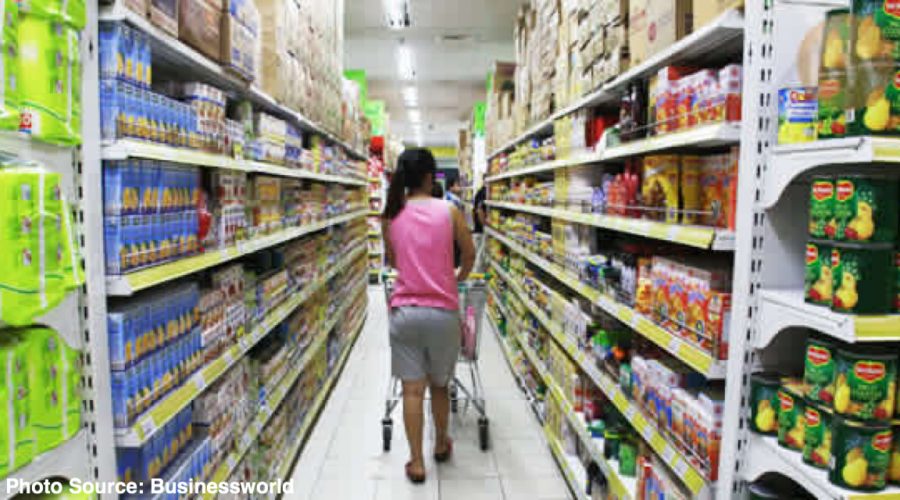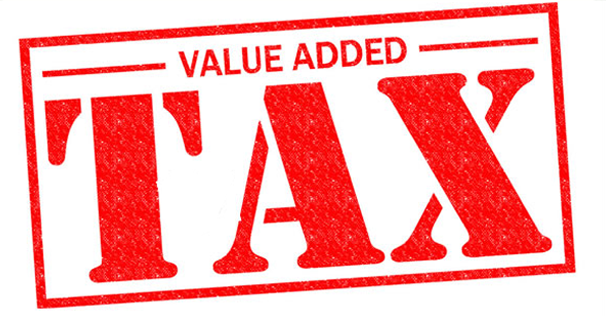Sen. Bam supports VAT reduction to ease burden of price surge, TRAIN Law
Senator Bam Aquino expressed support behind the move to reduce value-added tax (VAT) to 10 percent, saying it will help ease the burden of high prices of goods and services on Filipinos, especially the poor.
“Suportado natin ang pagbaba sa VAT at mga panukalang magbibigay ginhawa sa mga pamilyang nalulunod na sa pagtaas ng presyo. Mahalagang aksyunan na natin ito,” said Sen. Bam, one of four senators who voted against the Tax Reform for Acceleration and Inclusion (TRAIN) Law.
While he supports the move, Sen. Bam promises to ensure that the exemptions under the VAT will remain, including those given to cooperatives, senior citizens and persons with disabilities (PWDs).
“Kailangan nang isalba ang mga Pilipinong nasagasaan ng TRAIN law. Kung ang pagbaba ng VAT uunahin ng Senado, susuportahan natin ito,” said Sen. Bam.
In the Senate, Sen. Panfilo Lacson and Risa Hontiveros have been pushing for the lowering of VAT.
“Patuloy rin naming ilalaban ang pag-preno sa TRAIN at pag-roll-back ng excise tax. Kailangan gawin ang lahat ng ating makakaya upang tulungan ang mga pamilyang hirap na hirap na,” Sen. Bam added.
As part of his efforts to ease the burden of the TRAIN Law on Filipinos, Sen. Bam has filed a measure seeking to suspend the collection of the excise tax under the government’s tax reform program once the average inflation rate surpasses the annual inflation target over a three-month period.
In addition, Sen. Bam is pushing for the full implementation of mitigating measures under the TRAIN Law, such as the unconditional cash transfer program for poor families and the Pantawid Pasada for jeepney operators and drivers.
Sen. Bam has also filed a resolution calling for an investigation regarding the implementation of the unconditional cash transfer to ensure if the amount is still sufficient to cover the increase in prices of goods and other services.



Recent Comments